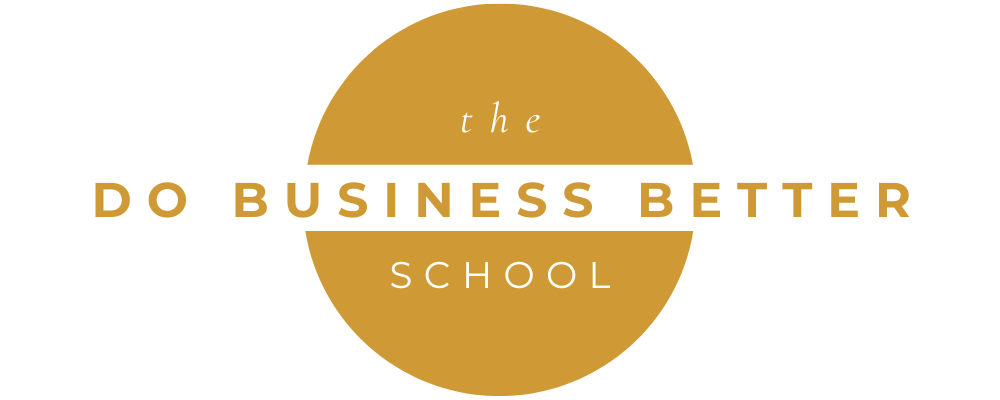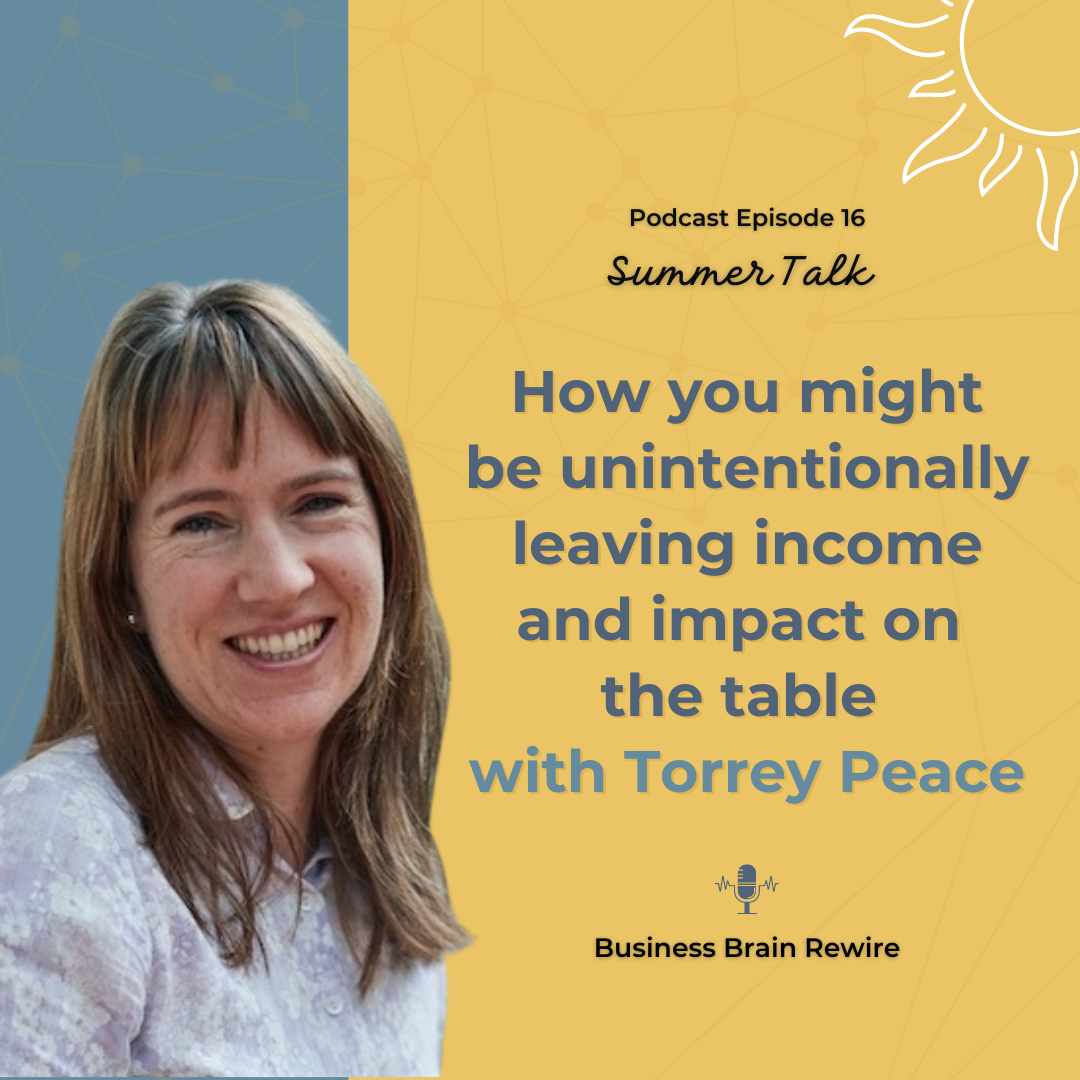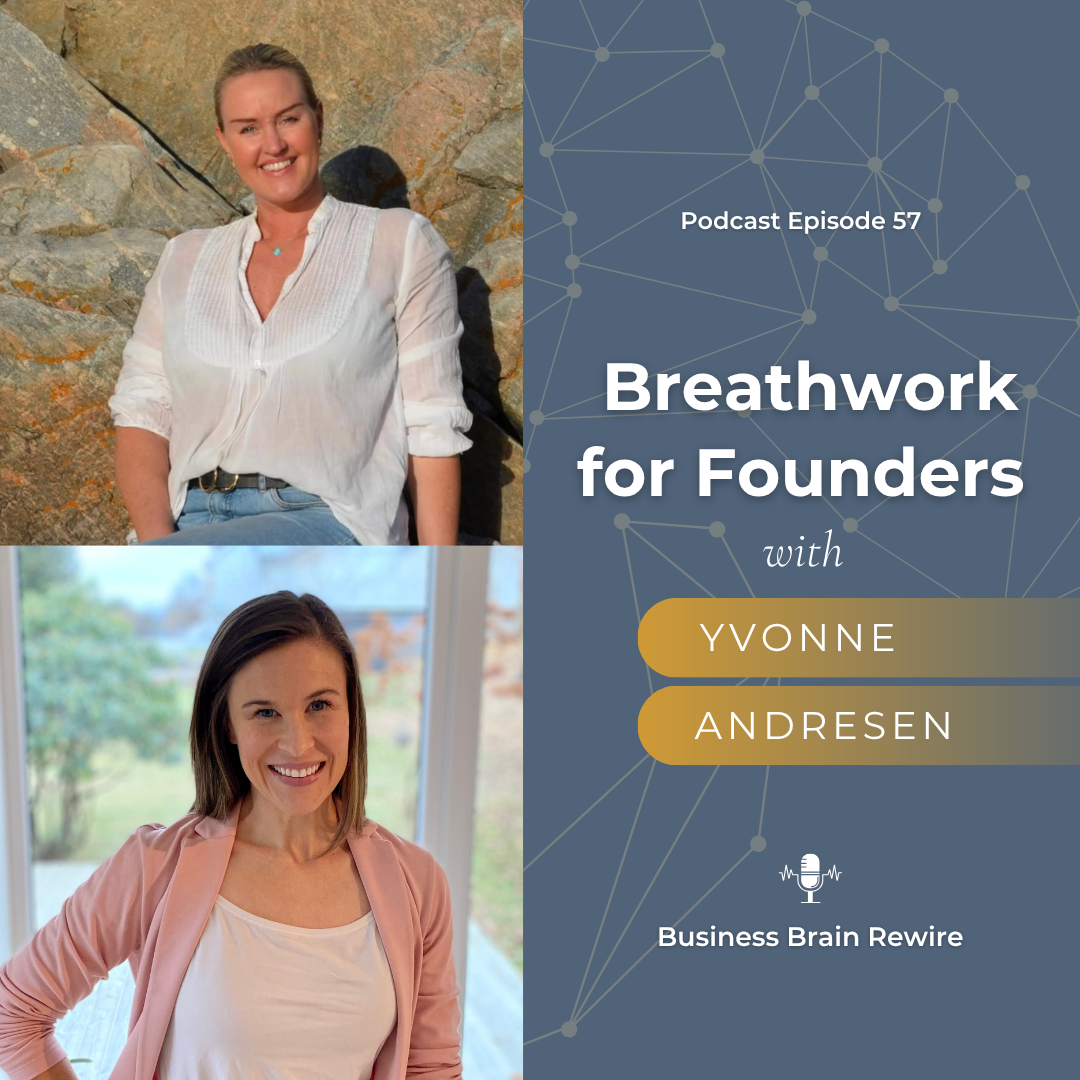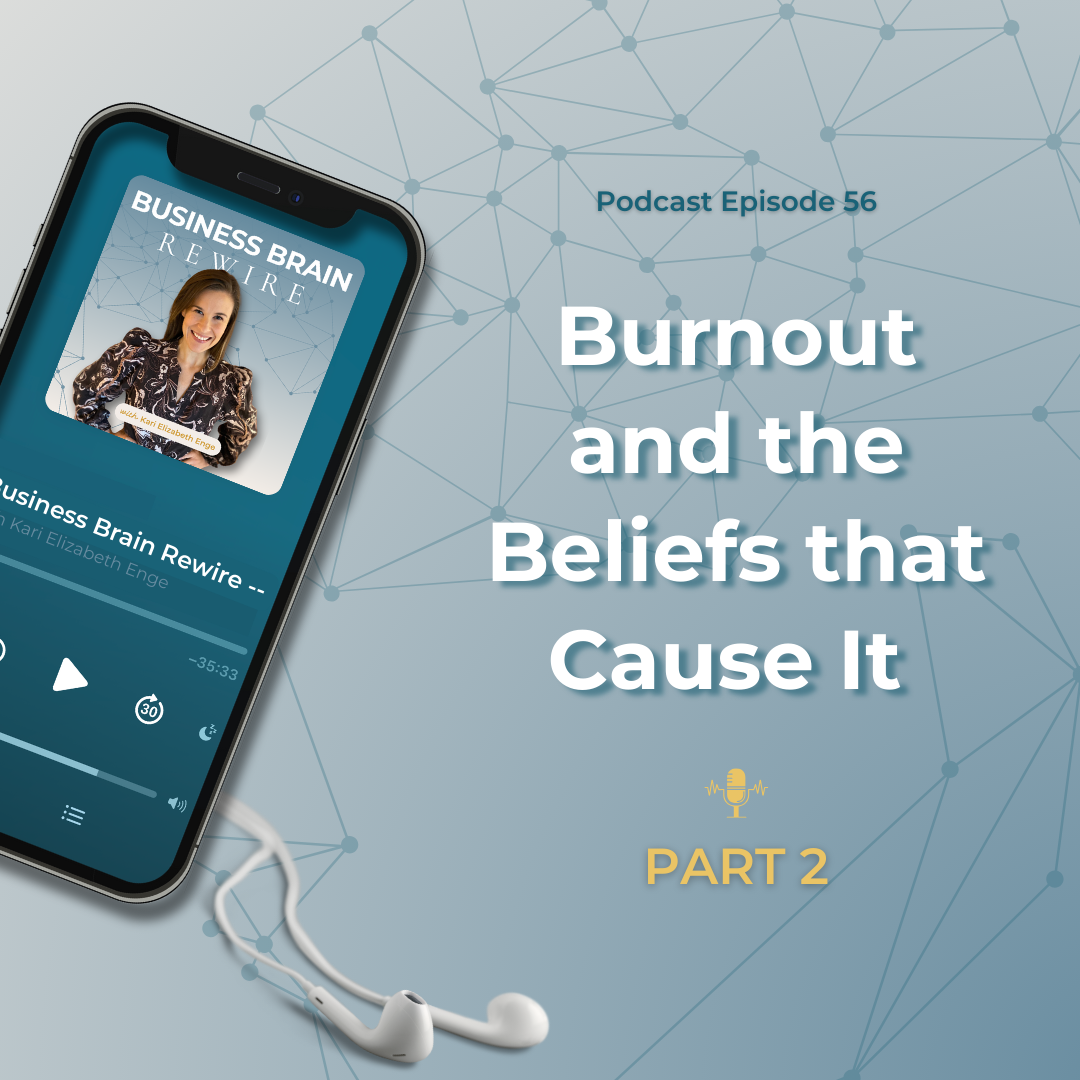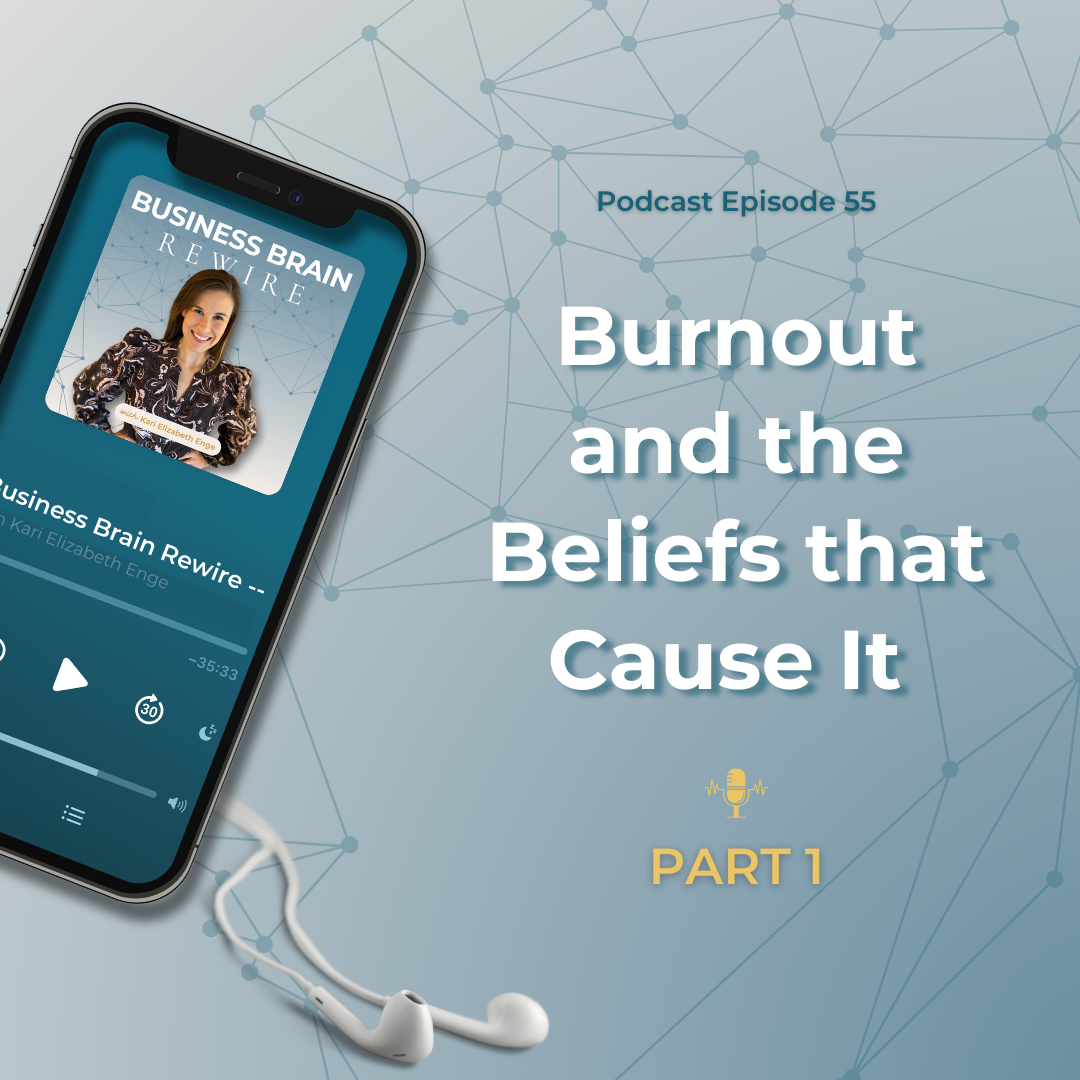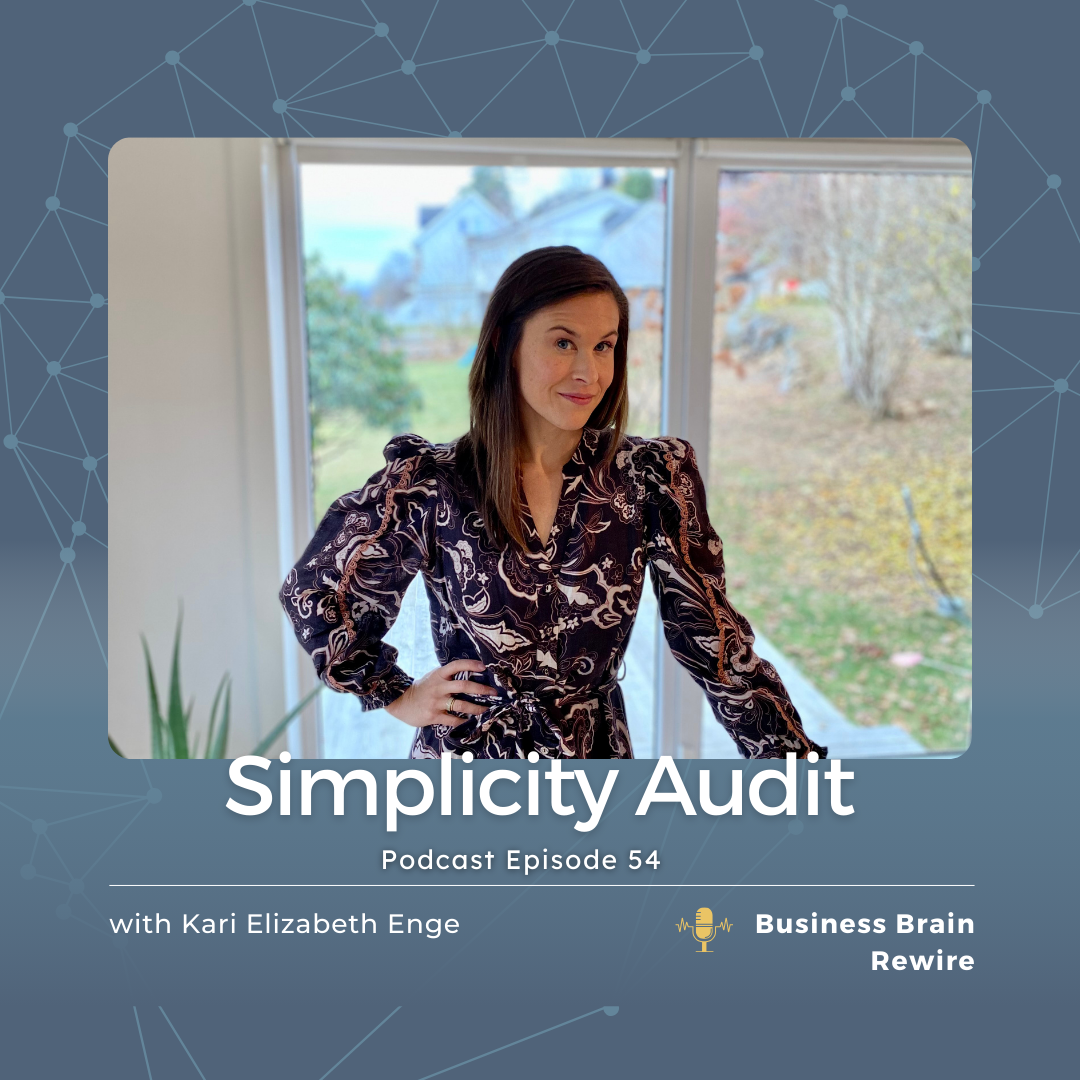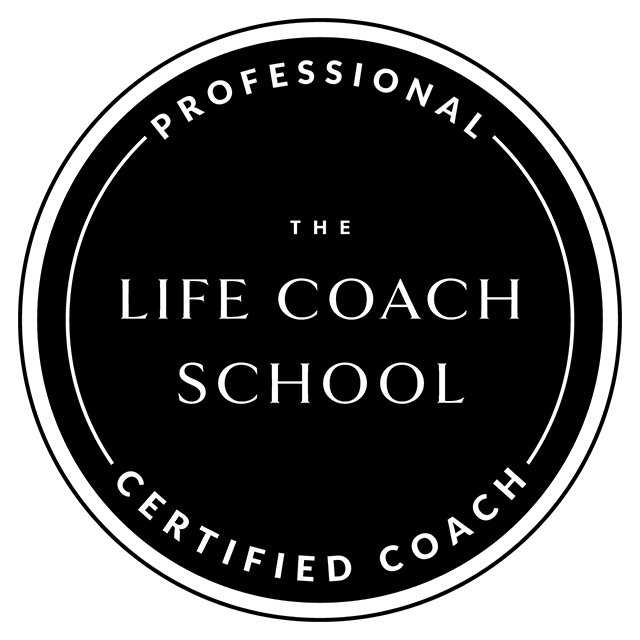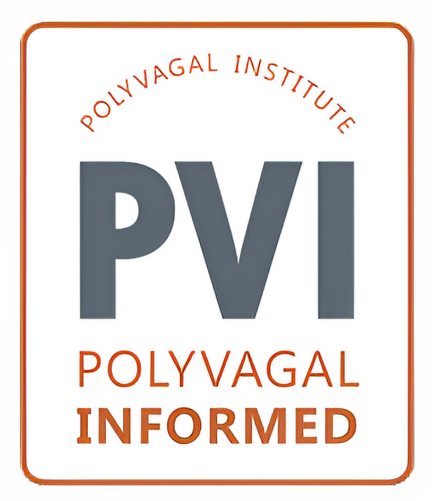Today, we are excited to feature Torrey Peace, the founder of Aid for Aid Workers – a company that teaches humanitarian and development supervisors how to become modern leaders who make an impact without burnout and overwhelm.
In this episode, Torrey pulls back the curtain on her own business to talk about marketing, sales, and outreach as a purpose-driven founder. Her insights, learned from personal experience, will help you rethink how you approach outreach and guide you to build your business in a way that works for YOU.
She stresses the importance of focusing on facts, not assumptions, ensuring that every opportunity is maximized when doing outreach for your business.
Torrey Peace has 12 years’ experience in international development working across five continents. After becoming a professional coach she now helps humanitarian and development supervisors make a greater impact through taking control of their time, leading inclusively and empowering their teams so they can be part of the change we want in the humanitarian and development sector – all the while avoiding stress, burnout and overwhelm.
Torrey has taught over 400 leaders in the UN, INGO and civil society how to use coaching skills to shift power to their teams, communities, government and implementing partners. Her podcast “The Modern Humanitarian and Development Leader” helps aid worker supervisors make a greater impact while avoiding burnout and overwhelm.
Increase sales and lower stress using DBB’s proven CEO System by learning more about the Simply Sustainable coaching program for purpose-driven founders.
Hello there. My name is Torrey Peace. I am a humanitarian and development worker who helps aid worker supervisors all around the world make a greater impact without the burnout and overwhelm. And I’ve been working with Kari now for about a year and a half. And since that time, I can say my business has grown and transformed quite a bit. I just launched a podcast called The Modern Humanitarian and Development Leader.
So I’m very excited about where all this is going. And today I thought I would talk to you about how you might be preventing others from experiencing greater results with you, while also at the same time, leaving money on the table without even realizing that you’re doing it.
And I thought it’d be easiest to demonstrate this with my own story of how I was doing this.
And I am still catching myself occasionally doing this. But basically I have a digital course that I launch every so often. And. When I’m launching this course, a lot of times I reach out and ask people to sign up directly. So I have certain managers, country representatives in different areas who I ask on an individual level to sign up for the course.
So I remember there was a country director in particular that I was nearing the end of the launch. And I had followed up with them five times already. But had not heard anything from them. Was radio silence. And I took that to mean that they were busy and too busy to take my course and that they did not have anyone to sign up. And in one of our weekly updates I was telling Kari about this and she asked me a few questions, which made me realize that I was actually making the assumption that this person was going to say no, I was essentially making the decision for them in advance. I was taking away their agency to be able to enroll anyone in my course, by assuming that they were going to say no,
So I had this story and it feels so true.
Like I remember at the time it just felt like a fact, like they were annoyed with me. That was why I wasn’t hearing from them and that they did not have anyone to take my course. So I decided to challenge that story that I had about the situation and look at the facts rather than my own assumptions or the story in my head. So looking at the facts, I realized, number one, I had reached out
I think this was the fifth time I had reached out to them. And when I did, there was no response. They never responded each and every time I did that, and that had been over the last three weeks.
Another fact was I had two more days before my launch ended in other words they had to word days if they wanted to enroll anyone in my course. So I then looked at what are some alternative ways of looking at this apart from them being bothered by me, constantly following up where even the word constantly. Because that is also not a fact, but an opinion. And looking at this as if what if this silence was actually them gathering a list of people together or what if they had forgotten about the course altogether and they actually needed reminding? So from this perspective, my follow-up felt a lot more helpful.
Like it was coming from more of a helpful place and not a bother someplace. And that meant the way I wrote my email was probably different. And the energy behind what I was sending was different. And so I reached out. And it turns out that they had forgotten. Even though I had reminded them several times already. And when I reminded them, they said, okay, we’ll get back to you.
That was the email response I received. So at least they had responded and at least I had confirmation. I was not bothering them, but they just wanted some more time. At first I felt okay about this, but then my brain told me that, okay, that’s a no, if they haven’t formed a list by now, if it’s not important enough for them to remember, then they’re probably just going to say no.
So why don’t we just go ahead and save the pain or, you know, not bother them anymore and just assume that they’re going to say no? But once again, I caught myself in this story, which was based on assumptions and not facts. And it was actually a way of me avoiding my own discomfort with the assumption that they were being bothered.
And I decided to be open to the possibility that maybe they will get back to me with a list of participants.
But they didn’t respond. And it was the last day of the launch and I still had not heard from them. Once again, I had this mental drama about, oh, well then they just don’t want it. I shouldn’t say anything. I’m going to bother them. They’re too busy for a course. And so on. I wanted so bad. So badly to just forget about it. Because I was telling myself they obviously didn’t want to enroll anyone since it wasn’t a priority.
They weren’t responding to me. But I, once again thought about my conversation with Kari, and I decided, okay, maybe they just need one more reminder. And especially because it’s the last day I’m going to ask one more time. And so I did. And guess what? They responded with a list of five people to take the course. Just like that my numbers in the course doubled for that enrollment.
But if I had followed my brain drama and not followed up, they probably would have not enrolled anyone because I think that it was my prompting them one final time to ask about the course and if they had anyone that was when they’ve remembered and sent me the list. How might you be doing this in your own way in your business? Maybe it is also hesitating from making an offer because you feel like you don’t want to be too salesy or pushy. Or maybe it is also by not following up with someone and thinking that they’re too busy for whatever it is that you have to provide. But what I try to remind myself when I get into this situation, because it still comes up for me. What I tell myself is by not following up with them, I am deciding for that person in advance. I’m making the decision for them. I’m actually being less helpful because I’m not reminding them about this amazing thing that they could be missing out on. So you’re essentially taking the choice away in the case that they forgot or that maybe they just need more time or whatever reason it is that they haven’t responded to you. By not following up, you are taking the opportunity away from them and depriving them of the impact of working with you. And as a business owner, you’re also potentially leaving money on the table.
So. If they don’t like communicating with you, what I found is most people will respond and either they won’t respond at all. Or they will just unsubscribe if they’re part of an email list or they will tell you. And that is their job. That’s their responsibility to do that. It’s not your responsibility to make the decision for them, that they don’t want whatever it is you have to offer, just because you haven’t heard from them.
This is something that I have to remind myself again and again. And I find myself falling back into this pattern of thinking where I feel this like anxiety or panic that if I reach out to this person again, I’m bothering them or they’re going to be mad or they are too busy for whatever it is I have.
When I realize that I’m doing this now, and I feel this pang of anxiety, or I feel this very anxious. Or a negative feeling, I pause and decide how do I want to proceed? And if I was them, what would I want me to do? Because to be honest, when I think about it that way I realize I would actually want them to give me the option to say no. And also I would want the reminder.
So it’s not that I’m bothering them. It’s that I’m actually helping them.
As helpful and impactful as my service is for humanitarian and development leaders and for all the great feedback that I have received from my students, I would not want to deprive them of that just because I was too afraid to send an email. So I hope that you can be more aware when you find yourself hesitating to reach out to someone to inform them about your offer or your service, your product or whatever it is. What is the reason behind your hesitation? And is it one that you are aligned with?
In other words, are you okay with the reason you have for not following up, not reaching out again?
And what assumptions might you be making about this other person without having the evidence for those assumptions?
And if you’re like me and you find that the reason that you’re not following up is a reason that you do not feel very good about. Then test your assumptions by taking action and seeing what happens. Based on real facts. Because like me, you may be pleasantly surprised by the results. All right. That’s it. Thank you so much.
And thank you, Kari, for inviting me on your podcast. It’s been a pleasure.. Like I say on my own: until then, keep evolving. Bye for now.
Podcast: Play in new window | Download
